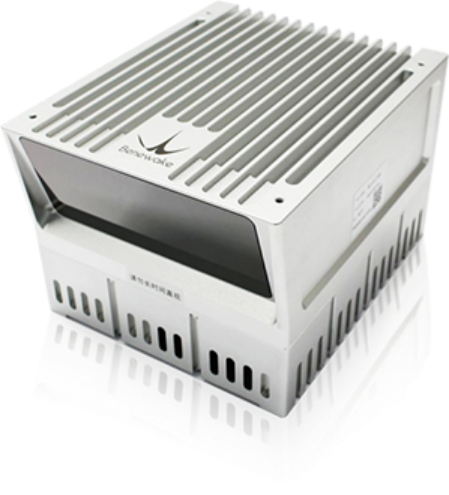Short Distance Series Product Model
Long Distance Series Product Model
Kilometer-level
Long Distance Series Product Model

2024-08-19

Differentiating LiDAR and Infrared Sensor Technologies
LiDAR sensors harness laser light to accurately measure distances and construct intricate 3D maps of surroundings, offering unparalleled precision in data collection. In contrast, infrared sensors rely on detecting heat emissions from objects, making them ideal for proximity sensing and thermal imaging applications. Grasping the operational principles behind these sensor technologies is crucial in choosing the most appropriate solution that aligns with your distinct requirements and objectives, ensuring optimal performance and effectiveness in fulfilling your specific needs.
Advantages of LiDAR Sensors
LiDAR sensors are renowned for their unmatched precision in distance measurement and object detection, rendering them essential for tasks demanding meticulous spatial data. By producing high-resolution 3D maps, LiDAR sensors play a pivotal role in the realms of robotics, and infrastructure planning. The accuracy and consistency offered by LiDAR technology position it as a favored option in environments where intricate mapping is crucial, underscoring its significance in enhancing operational efficiency and facilitating informed decision-making processes.
Benefits of Infrared Sensors
Infrared sensors are adept at detecting heat emissions and gauging temperature fluctuations in objects, making them invaluable in various applications. Commonly found in security systems, occupancy detection setups, and industrial monitoring environments, these sensors offer real-time insights into thermal signatures, enabling the prompt identification of irregularities and potential risks. The heightened sensitivity of infrared sensors to heat renders them indispensable in industries that prioritize precise temperature control, energy efficiency, and proactive hazard detection, underscoring their critical roles in maintaining operational safety and optimizing performance.
Conclusion
In conclusion, the choice between LiDAR sensors and infrared sensors depends on the specific requirements of your project and the nature of the application. At Benewake, we recognize the importance of selecting the right sensor technology to optimize performance and achieve desired outcomes. Whether you prioritize the precision and detailed mapping capabilities of LiDAR sensors or the heat detection and thermal imaging functionalities of infrared sensors, we are here to support you in choosing the most suitable solution. Trust Benewake to be your partner in harnessing the power of sensor technology for innovation and success in your business endeavors.